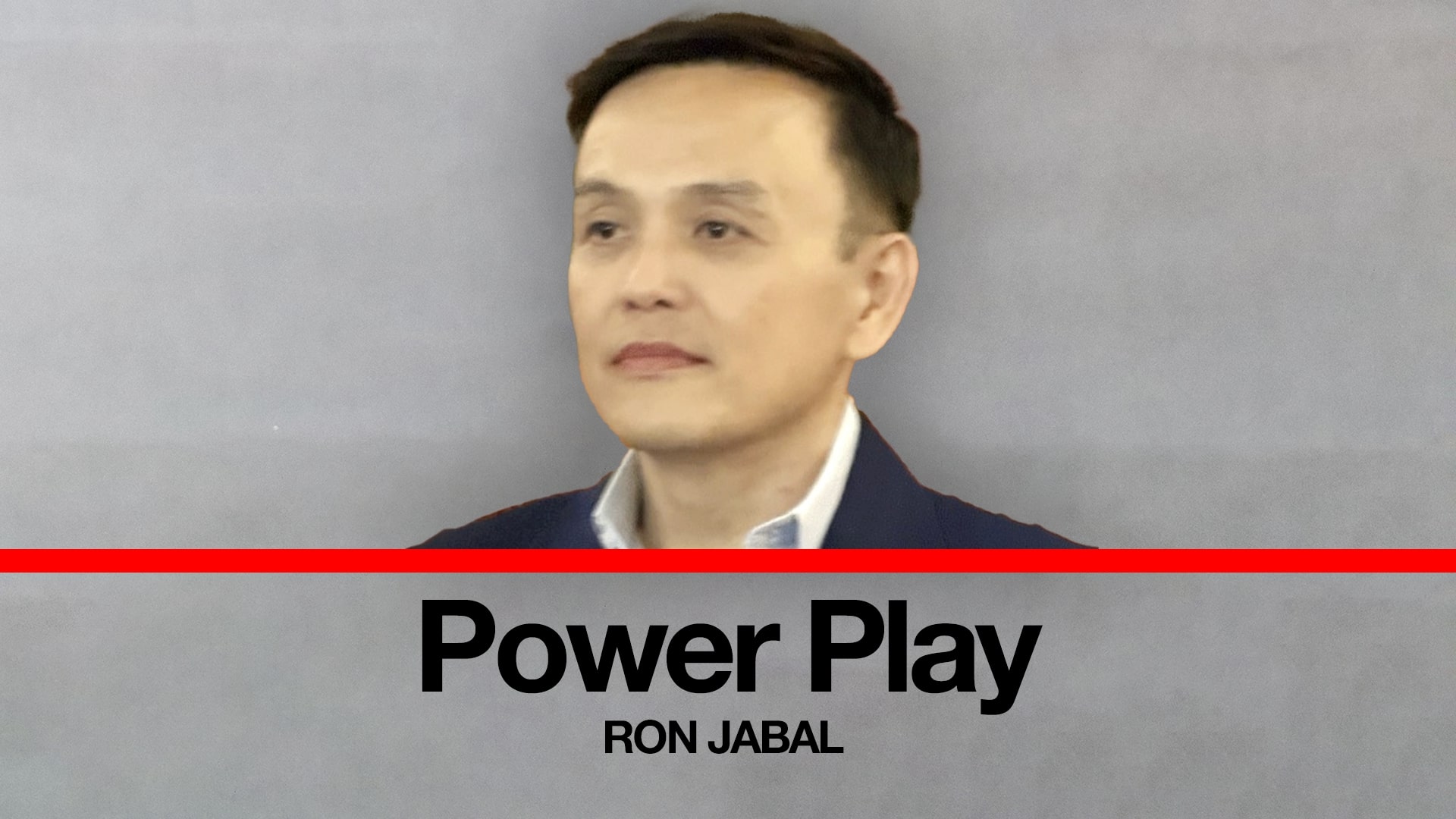In the age of emotional politics, algorithm-driven narratives, and personality-centered governance, trust has become one of the most contested currencies in Philippine public life. This three-part commentary series interrogates the nature of political trust in the Philippines: how it is formed, why it persists in the face of controversy, and what it will take to rebuild it in a post-Duterte, post-truth landscape.
From Vice President Sara Duterte’s sustained popularity despite corruption allegations, to the deeper architecture of Dutertismo, and finally to the possibilities for reform and renewal, this series offers a critical lens on the cultural, psychological, and systemic forces that shape Filipino political behavior. More than a set of numbers or headlines, these commentaries aim to understand the enduring power of loyalty, the role of emotion in public judgment, and the urgent need for a new political culture rooted in both connection and accountability.
The Trust That Won’t Break
First of three parts
Another survey, another set of numbers that baffles critics and political observers alike: Vice President Sara Duterte continues to enjoy high trust ratings, even as she faces mounting allegations, from questionable confidential funds to issues of transparency and accountability during her term as Secretary of Education.
How is this possible? Why do trust ratings remain high, even when public controversy swirls?
To understand this phenomenon, we must interrogate not only the numbers but the culture in which those numbers are made meaningful. In the Philippines, political trust has never been purely rational or strictly performance-based. It is deeply emotional, symbolic, and relational.
Dutertismo as Emotional Logic
Sara Duterte, like her father, is not simply a public official. She is a political symbol, a carrier of Dutertismo. That is, a form of governance defined by strength, decisiveness, and the promise of order amidst chaos. For many Filipinos, especially those disillusioned by slow institutions and elite hypocrisy, Dutertismo represents a politics of action over deliberation.
In this framework, loyalty is earned not through legislation or policy, but through emotional resonance. Leaders like Duterte are seen not just as figures of authority, but as family: matapang na Tatay; mapagmalsakit. Even when accused of wrongdoing, they are not seen as corrupt. They are seen as targeted. Object of persecution, not prosecution.
Trust in People, Not Institutions
Survey after survey confirms a persistent trend in Philippine political culture: people trust individuals far more than institutions. The courts, Congress, and even the media often score poorly in terms of public trust. But personalities, especially those with perceived “malasakit”, fare better.
Sara Duterte’s public persona is built around being a protective figure: for her family, for the nation, and for those who feel left behind. The allegations don’t necessarily break that image; instead, they are often framed as political maneuvering by enemies. In that narrative, trust is not just sustained; it is fortified.
Information Silos and Echo Chambers
It’s also important to consider how information circulates. In an era of algorithm-driven news feeds and influencer-heavy discourse, many Filipinos consume content that reinforces existing beliefs. In these echo chambers, corruption allegations can be dismissed as intriga, misinformation, or politically motivated attacks.
The idea that “they’re only attacking her because she’s strong” becomes a self-reinforcing justification. The less trust there is in institutions, the easier it becomes to trust only the personalities we already believe in.
Strong trust ratings may also reflect the absence of clear, compelling alternatives. In the national imagination, there is still no unified or persuasive opposition voice. This creates a vacuum: one that is easily filled by familiar names. Voters often choose continuity over uncertainty, especially when new narratives are not being meaningfully offered.
Trust as Political Capital
Sara Duterte’s trust ratings reveal less about innocence or guilt and more about how trust is built and maintained in the Philippines. It is political capital, not easily earned, and not easily lost. For many, she remains a figure of strength, stability, and inherited confidence. In a country where politics is as much about loyalty as it is about leadership, that may be more than enough.
But the question remains: How long can this kind of trust hold? And more importantly, for whom does it serve, and at what cost?









